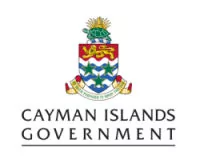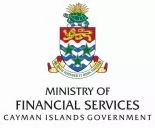The next step for the Cayman Islands in relation to international tax cooperation is the implementation later this year of the OECD Common Reporting Standard (CRS).
The CRS standardises the global automatic exchange of information (AEOI) for tax purposes. Financial Services Minister Wayne Panton said the CRS will further strengthen Cayman's already-recognised participation in the international stance to improve tax compliance.
'The CRS is an important progression in ensuring international tax compliance, across country borders', he explained. 'By implementing it via the enactment of local regulations, Cayman continues to show our full participation and strength, as a member of the growing network of countries worldwide that engage in international tax cooperation'.
The CRS represents the latest development in global international tax standards. There are now more than 90 jurisdictions around the world that have committed to its implementation, to agreed timetables. Cayman is one of more than 50 jurisdictions committed to undertaking the first AEOI exchanges under the CRS by 2017.
As another important operational component of the CRS, in March of this year Cayman launched its AEOI Portal. This online system currently allows notification and reporting by financial institutions in relation to US FATCA, which is an AEOI initiative. The system will be modified and adapted to facilitate the automatic exchange of tax information under the CRS with all participating jurisdictions.
The Department of International Tax Cooperation will implement the CRS in Cayman, in accordance with Cayman's international treaty network, and a 2014 amendment to the Tax Information Authority Law that enabled all forms of exchange of information for tax purposes, including automatic exchanges.
The content of this article is intended to provide a general guide to the subject matter. Specialist advice should be sought about your specific circumstances.

